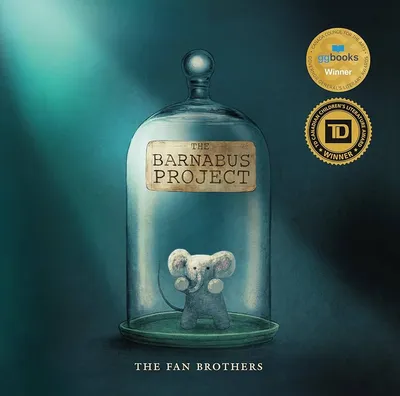🌳Welcome To Maple Class Webpage 🌳
On our page we will be sharing our learning experiences and providing key information to parents.
Our Class Teacher is Miss Williams.
Our Learning Support Assistants are Mrs Sawyers.
Our P.E day is Friday.
Maple's information
In Maple class, we are expected to complete the following homework challenges each week:
Reading: 📖
- Read independently or with an adult 5 times during the week (Friday - Friday).
- Please click the link below to find a recommended selection of Year 5 books for your child to enjoy.
Maths: 🧮
- Complete 10 minutes daily on TTRS to develop our fluency and application of the all of the times tables.
- Complete weekly tasks set on Mathletics.
Spellings:✍
- Practise and complete a spelling test (Friday) based on the Year 5 / 6 spelling list.
Key Website Links:
Our learning so far...
Autumn Term:
English:

We started off the year by exploring the book ‘The Barnabus Project’. We looked at how the book created atmosphere for the reader. From this we learnt to:
- We designed and created our own failed pets, creating poems about each one.
- Use personification to make the setting come to life.
- Use our senses to describe what the setting was like.

Next, we explored the text “Zelda Claw and the Rain Cat”. We looked at how this story created suspense for the reader. From this we learnt skills such as:
- Making the weather seem threatening by using personification.
- Creating suspense by using fronted adverbials.
- Revealing a threatening character slowly by describing the features of the threat.
- Hiding the threat by using empty words e.g. Something crawling.
- Showing the character’s emotions through their actions.
- Revealing our character’s inner thoughts by using rhetorical questions.
Talk for Reading:

In Talk for Reading, we have been examining the book ‘The Promise’ by Nicola Davies. We have dived into each page, exploring what the pictures and text tell us about the city. We explored what a promise is and the morals of the girl the story follows. In the second half of the book, we compared the pictures and text to see the contrast.
Maths:
At the beginning of the term, we expanded our understanding of place value, addition and subtraction and multiplication and division by:
Place Value:
- Exploring Roman Numerals up to 1,000. We even leant how to write the date.
- We explored numbers up to 1,000,000. Learning to write them in both words and numerals, how to compare and order them.
- We looked at powers of ten.
- Recapped rounding to the nearest 10, 100 and 1,000 and then learning to round within 1,000,000.
Addition and Subtraction:
- Looking at how to add and subtract numbers mentally.
- Add and subtract numbers with more than four digits.
- Use rounding to check answers.
- Using inverse operations to help solve problems and check our answers.
- Compare different calculations and find missing numbers.
Multiplication and Division:
- We continued to explore multiples and common multiples, factors and common factors.
- We began looking at prime numbers, squared numbers and cubed numbers.
- We also covered multiplying and dividing by 10, 100 and 1,000, before looking at their multiples.
The Vikings:
Our topic this term is The Vikings.
We began our learning of the Vikings with an immersion day, where we learnt about the Norse language and how they used different symbols to represent letters. From our knowledge, we wrote our name in Norse.
In art, we practiced our skill of sketching by recapping different techniques and using them to sketch a castle. From this we began to explore different techniques used by artists when using water colours. We brought all of those skills together in our final piece, which was a watercolour painting of a castle.
In history, we explored who the Vikings were and what life was like for them. We explore how they attacked Lindisfarne and thought deeply about how each side of the attack may have felt about it. Lastly, we looked at the impact of the Viking invasion on Britain and how the Danelaw was created and the conflict the Vikings had with Alfred the Great.
Our geography interlinked with our history, we explored using maps where the Vikings came from and where they invaded throughout their history. We looked at the geographical reasons why the Vikings may want to come to Britian, using maps of Norway and Britian to support our reasoning. We then looked at co-ordinated and grid references, creating our own Viking settlement using references and co-ordinates.
Topic:
French:
In French, we have looked at improving our pronunciation of words by looking at French phonetics. We have also explored how to ask someone what the date is and how we can reply.
P.E:
In P.E so far, we have put our dancing shoes on and learnt a Bollywood style dance moves and created our own dance in groups. After this we have explored the different movements used when line dancing, we put all these together to create our own routine.
We have also begun to learn the skills and rules need to play handball.
R.E:
In R.E, we were posed with the question “Is believing in God reasonable?”. To answer this question in a balanced manner, we explored both sides of the argument, looking at philosophers William Paley and Blaise Pascal beliefs and how a humanist may answer this question. We used all our learning to create a balanced argument to answer this question.





